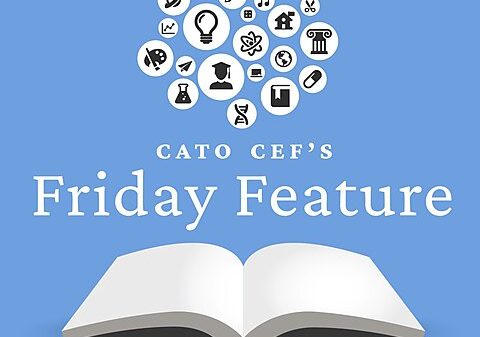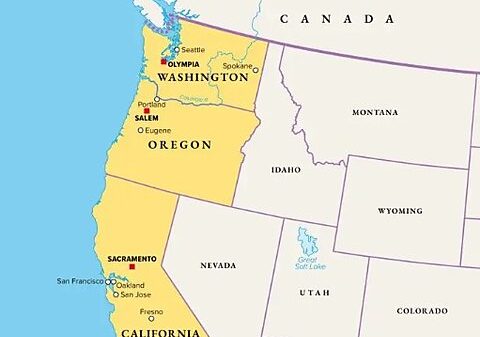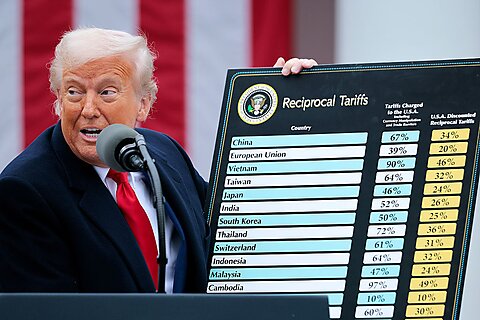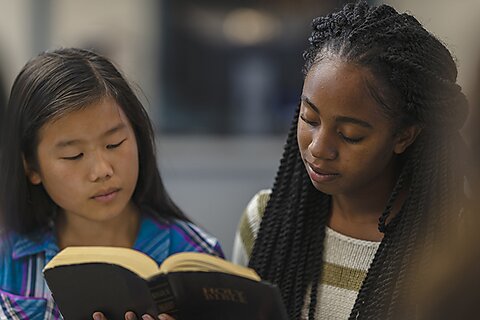A critical issue for the school choice movement is how charter and voucher programs treat religious schools. Supreme Court decisions from 2002 and 2022 hold that the Constitution’s Establishment Clause does not bar religious schools from receiving government funded vouchers, as these fund students but not religious institutions directly.
In a recent 4–4 ruling, however, the US Supreme Court upheld the Oklahoma Supreme Court’s prohibition of religious charter schools. Are the two cases—vouchers versus charters—different?
Cato’s Neal McCluskey argues that this case is why vouchers are superior to charters. He posits that allowing religious charter schools entangles the government with religion, as chartering boards must decide which religious schools to approve.
This is a reasonable view; charters plausibly involve government more than vouchers.
Yet a voucher system still requires the government to determine which schools are eligible to receive vouchers: do language-immersion, STEM-only, athletics-focused, and vocational schools all qualify? Is there a state-imposed curriculum? How much time is allowed for religious studies?
The logical conclusion is that only one approach removes government completely, and that is zero funding or provision of education in any way.
Despite its libertarian purity, this approach will run into massive opposition, and not just from the left; even hardcore libertarians might be open to some government attempt to ensure all children get a basic education.
The most practical solution is to uphold federalism and leave education policy completely to the states.
Schools are lightning rods for cultural issues beyond religion, such as transgender athletes, free speech, dress codes, and curriculum. This contentiousness points to differences in schooling preferences across the country. So when the federal government dictates education policy, it imposes particular views widely, generating backlash and polarization. Instead, states should determine their policies based on their residents’ preferences.
Rather than imposing federal decisions, therefore, preferences can be reflected by diverse state policies. Individuals can “vote with their feet,” leaving a state if they cannot tolerate its education policies or prefer another state’s policy. Further, this competition creates natural experiments, testing which education policies work best.
Thus, libertarian education policy should emphasize state autonomy. This promotes liberty by preventing the federal government from imposing monolithic, polarizing policies across all citizens.
This article appeared on Substack on June 2, 2025. Tommy Seneker, a student at Harvard College, co-wrote this post.











